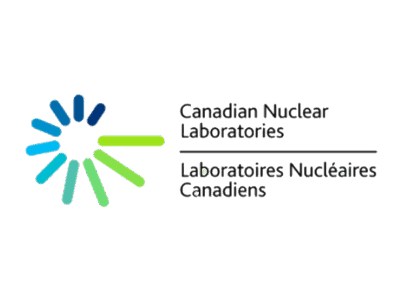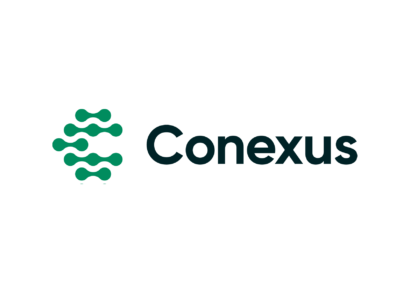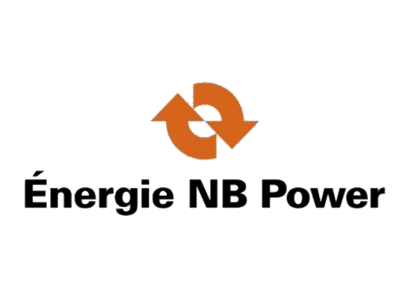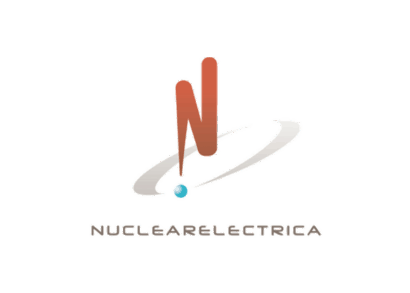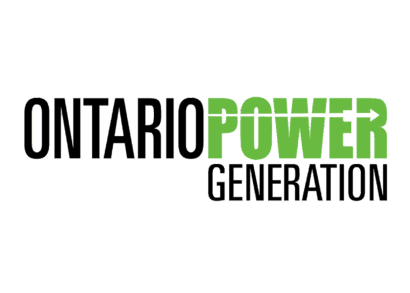Deterministic Safety Analysis Overview
In the nuclear industry, deterministic safety analysis (DSA) is used to confirm that plant safety functions can be satisfactorily achieved and that the required structures and systems, in combination with operator actions, will keep the releases of radioactive material from a nuclear facility below acceptable limits. Deterministic safety analysis provides the licensing basis for new and existing nuclear facilities
We draw on our extensive in-house expertise and experience to undertake analyses that meet regulatory requirements such as REG.DOC 2.4.1 and industry-level standards such as CSA N286.7.
Our rich 35-year history of providing reliable safety analysis support to organizations around the world has solidified us as a trusted partner providing operational support to power plants if the reactor deviates from its licensing basis. Some of our operational services include return-to-service commissioning of the plant, fuel performance, and general day-to-day fuel management support at the plant.
Why Our Deterministic Safety Analysis?
-
Holistic, Comprehensive Assessments
Working closely with our Probabilistic Risk Assessment (PRA) team, we offer a fully integrated safety analysis service that ensures all your needs are met, and that you receive a holistic, comprehensive assessment.
-
All the Necessary Skills and Information
Our comprehensive team includes experts in reactor physics, thermal hydraulics, fuel behavior, and many other adjacent disciplines ensuring that we have all the knowledge that is needed for the assessment.
-
More than Just Analysis
We provide new and innovative analysis methodologies that lay out the safety basis for key power plant initiatives including reactor life extension, avoidance of power de-ratings, recovery of operating and safety margins, and reduction of outage times.
-
Understanding of Station Operations
An appreciation of the regulator's requirements, and a knowledge of how nuclear facilities operate, enable us to provide strategic advice, develop methodologies and deliver solutions that meet operational and regulatory requirements.
Our Deterministic Safety Analysis Technical Abilities
Thermal Hydraulics Analysis
We offer a team of experts that support:
- Modeling of both primary and secondary heat transport systems for CANDU power plant that take account of aged core conditions
- Nuclear reactor simulations during steady-state and transient conditions including evaluation of potential water hammer events code development and maintenance & support for industry toolsets (e.g., TUF, TRACE, RELAP, ECI, PTRAN, SURGE, etc.)
Reactor Physics and Operational Physics
Our team includes industry-leading experts in reactor core modeling and safety system response. Their experience includes modeling of process controllers for the reactor regulating system (RRS), and reactor fueling operations that support fueling strategies and fuel management.
The reactor physics team has in-house expertise and experience in the simulation of reactor response during steady-state and transient conditions. This experience is used to evaluate the power distributions, reactivity coefficients, and dynamic responses of reactors to operational and safety transients by coupling thermal hydraulics, physics, and fuel computer codes to simulate and evaluate accident scenarios.
Our team is also experienced in code development, maintenance, and code support. Some examples include SORO, NuFLASH, SCALE, and Physics Shell, MCNP, RFSP, WIMS, DRAGON and DONJON.
Fueling Safety Analysis
Our team has expertise in modeling of CANDU fuel and fuel channel response to accident conditions. We also have experts in the areas of subchannel thermal hydraulic analysis, fuel and fuel channel dry-out (CHF and PDO), thermal response in the absence of forced flow, outage heat sink performance, and fuel channel thermal-mechanical response to accident conditions.
We maintain and develop industry toolsets; SOURCE (Fission Product Release), CCAFF/SLLOH (TH without forced flow), MULTI-SMARTT (PT Integrity) and are experienced users of ELESTRES, ELOCA, ASSERT, ANSYS Finite Element modeling.
Our experts are key contributors to the industry's research and development programs in the areas of CHF/PDO modeling, derived acceptance criteria (DAC) for fuel and fuel channels, high-temperature fuel behavior, fuel bundle deformation, fuel testing to support performance limits, and accident tolerant fuel.
These experts also provide fuel performance and design support to the international fleet of CANDU reactors.
Additional work undertaken includes:
- Fuel Inspection. Training and mentoring of fuel inspectors and development of technical specifications for inspecting fuel, support to fuel inspection tooling development and more
- Fuel Performance. In-depth understanding of the condition of irradiated fuel, fuel performance issue investigations, operational support for emergent issues, support for Post Irradiation Examinations (in hotcells)
- Fuel Design and Qualification. Fuel qualification support, out-of-reactor test programs and manufacturing concession evaluations
Our Proven Experience
Quality Assurance & Technical Standards
- ASME NQA-1 (2008)
- Quality Assurance Requirements for Nuclear Facility Applications
- CSA N286.7
- Quality assurance of analytical, scientific and design computer programs
- CSA N299.1
- Quality Assurance Program Requirements for the Supply of Items and Services for nuclear power plants, Category 1
- REGDOC 2.4.1
- Deterministic Safety Analysis






